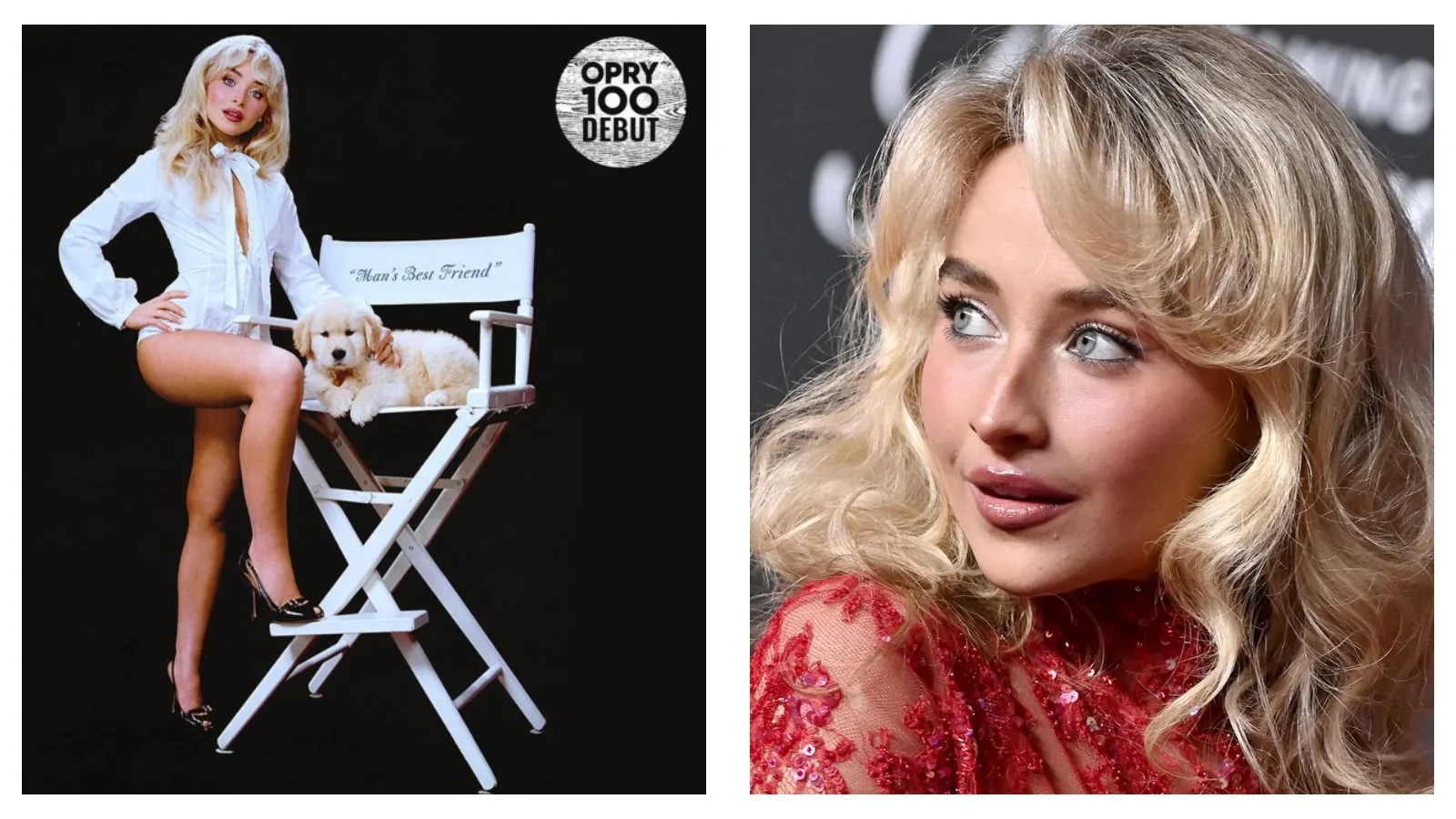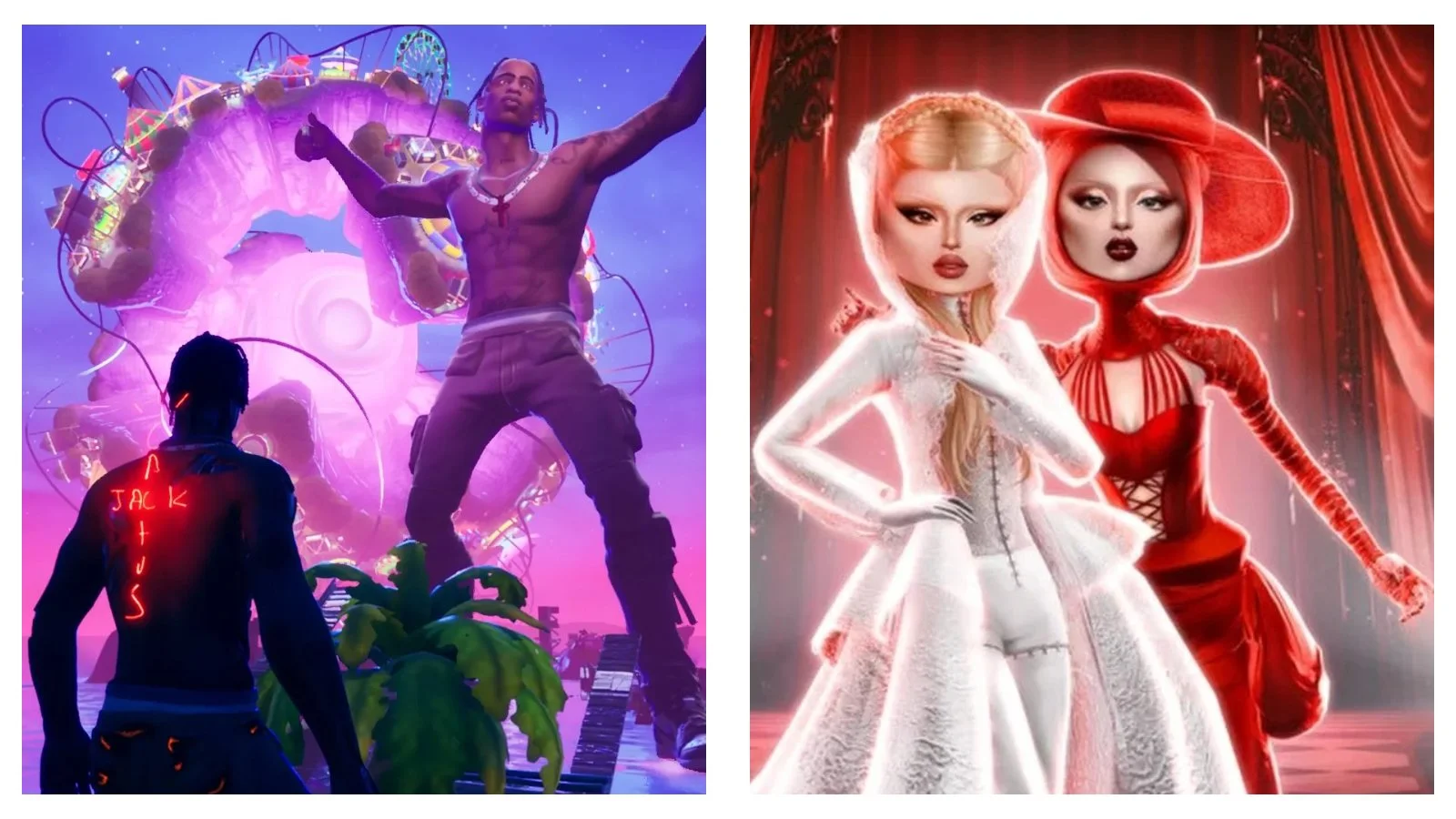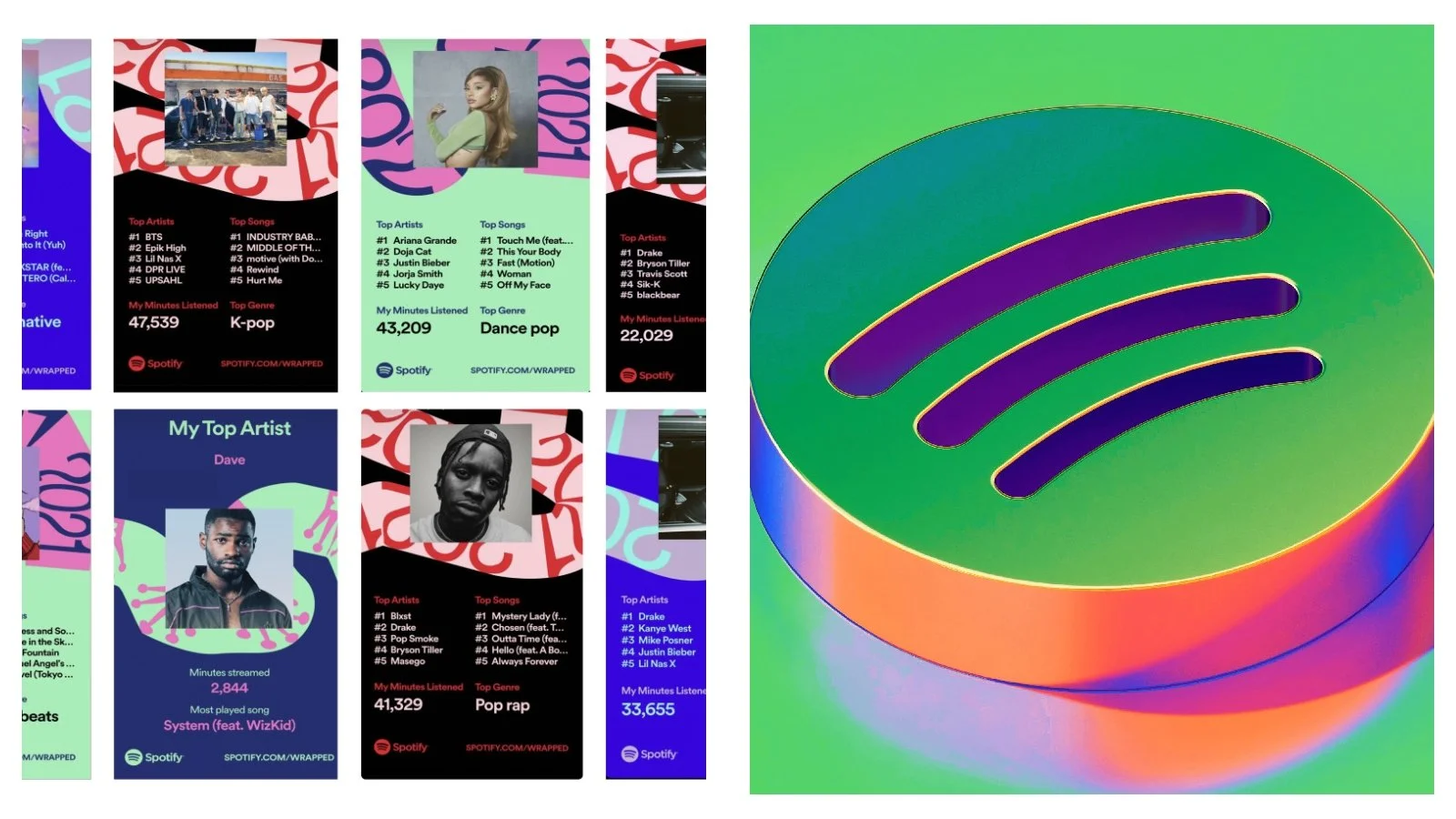Sabrina Carpenter’s Grand Ole Opry debut: When pop meets country tradition
Pop star Sabrina Carpenter’s upcoming Opry debut sparks questions about genre boundaries, cultural authenticity, and the evolution of Nashville’s most hallowed stage.
Music News Blitz writer Lindokuhle Mlombo explains more.
Sign of the times
On October 7, 2025, Sabrina Carpenter will step onto the Grand Ole Opry stage in Nashville, Tennessee.
For some, the announcement reads like a quirky pop headline: the singer of “Espresso”, one of 2024’s biggest bubble-gum-pop hits, performing at the shrine of country music.
For others, it feels like an inevitable sign of the times.
The Opry has always been more than just a venue. Since its first broadcast in 1925, the weekly live radio show has been a cultural institution, shaping not only the sound of country but also its mythology.
To play the Opry is to be invited into a lineage stretching from Hank Williams to Dolly Parton, from Garth Brooks to Kacey Musgraves.
It is, as country historians often say, the house that built the genre.
So, what does it mean when a pop star like Sabrina Carpenter, who rose to fame on the Disney Channel before reinventing herself as one of Gen Z’s most reliable hitmakers, is asked to join that lineage, at least for one night?
A tradition of reinvention
Critics quick to dismiss Carpenter’s Opry debut as gimmicky might be forgetting that the Opry has rarely been static. The institution has evolved in response to cultural shifts for decades.
In the 1950s, rockabilly stars like Elvis Presley blurred the lines between country and rock by performing songs that scandalised purists but brought in younger audiences.
In the 1970s, the Opry welcomed performers influenced by folk, gospel and even pop balladry.
As country expanded, the Opry adjusted. Shania Twain’s blend of pop and country in the 1990s drew as much scepticism as it did acclaim.
More recently, Taylor Swift’s teenage debut at the Opry in 2007 symbolised another generational turning point as she carried country into the pop mainstream before fully crossing over.
Carpenter’s upcoming appearance may be unusual, but it is not unprecedented.
The Opry has always balanced preservation with reinvention, once mentioned by Nashville-based music historian Leigh Edwards, who said: “It has to, otherwise it risks turning into a museum instead of a living stage.”
Genre collapse in the streaming era
Carpenter’s inclusion also reflects how audiences consume music in 2025. A time which is dominated by streaming platforms where playlists, rather than radio formats, shape listening habits.
These playlists rarely adhere to strict genre categories and are often organised around moods, situations or vibes.
Often, playlists are named Chill Vibes, Summer Throwbacks, Sad Girl Starter Pack, and countless others guide listeners through a mix of sounds from around the world.
In this environment, it is common for someone to move seamlessly from Luke Combs’ country ballads to Olivia Rodrigo’s pop anthems and then to a South African Amapiano track all within a single listening session, without considering the genre labels traditionally assigned to each song.
For artists like Carpenter, whose fan base skews younger and is deeply engaged with streaming culture, these listening patterns mean that musical boundaries are increasingly fluid.
Her Opry debut, then, is less a sharp departure from country tradition and more a reflection of the way music culture has evolved.
Genres that once felt rigid like country, pop and rock, are now interwoven in the daily listening habits of millions, dissolving old distinctions and creating space for artists to bridge worlds in ways that would have seemed unusual even a decade ago.
Carpenter’s trajectory
Carpenter’s career itself tells a story of reinvention. She began as a Disney Channel actress, best known for her role in Girl Meets World.
But like Miley Cyrus and Selena Gomez before her, Carpenter leveraged her acting platform into a recording career.
Her early music leaned on polished pop with occasional acoustic flourishes, but by 2022, she was making waves with her vulnerable and witty album, emails I can’t send.
In 2024, she ascended to global stardom with “Espresso” and its follow-ups, cementing herself as a sharp lyricist with a knack for hooks.
Critics often describe her music as pure pop, but there are hints of crossover sensibility in her songwriting, storytelling-driven lyrics, vocal twang in live renditions and playful references to Americana tropes.
While she has not branded herself as a country artist, she fits comfortably in today’s genre-blending climate.
The Opry’s calculated gamble
Still, Carpenter’s debut is not without controversy.
Online forums lit up with debates after the announcement. Traditionalists questioned whether she deserved a slot on the Opry’s stage, while others argued that her presence could alienate country’s core audience.
From the Opry’s perspective, the gamble makes sense. Inviting Carpenter offers an opportunity to attract younger fans who may not otherwise tune in. It is about cultural relevance.
The Opry has to prove it can still speak to a generation raised on TikTok not radio playlists.
There is also a strategic marketing angle. Country has been actively pushing toward crossover visibility. Especially as artists like Morgan Wallen dominate streaming charts and Beyoncé’s COWBOY CARTER reintroduces Black Southern traditions into the genre’s DNA.
Carpenter’s debut could be read as part of this larger effort to broaden what country and the Opry represent.
YOU MAY ALSO LIKE: Spotify Wrapped anxiety: How listening stats became social currency
A mirror of pop country tensions
At its heart, Carpenter’s Opry appearance revives an old debate. What counts as authentic country music? Every generation has wrestled with this question.
In the 1960s, Nashville Sound recordings added strings and backing choirs, angering traditionalists who favoured honky-tonk grit.
In the 1990s, Garth Brooks brought stadium spectacle to country. In the 2010s, artists like Florida Georgia Line fused country with hip-hop beats.
Carpenter’s debut is simply the latest iteration of that tension. Her critics argue that the Opry should safeguard country identity, while her defenders note that identity has never been fixed.
Authenticity in country has always been contested. What feels inauthentic today may look visionary in hindsight.
Look ahead
Whether Carpenter’s debut becomes a footnote or a milestone remains to be seen. Much will depend on her performance.
Will she lean into country aesthetics, perhaps covering a classic, or will she deliver a straight pop set?
Either way, the symbolism will be significant.
For Carpenter, it is a chance to expand her artistic identity and prove she can transcend the boundaries that critics often place around Disney-bred pop stars.
For the Opry, it is a statement of intent, saying we are not a museum.
As the music industry continues to shift, Carpenter’s Opry debut may be remembered less as an oddity and more as a signpost.
A moment when one of America’s oldest institutions embraced the reality that genres, like traditions, only survive by changing.
READ NEXT: KATSEYE: About the stars behind THAT viral Gap advert




